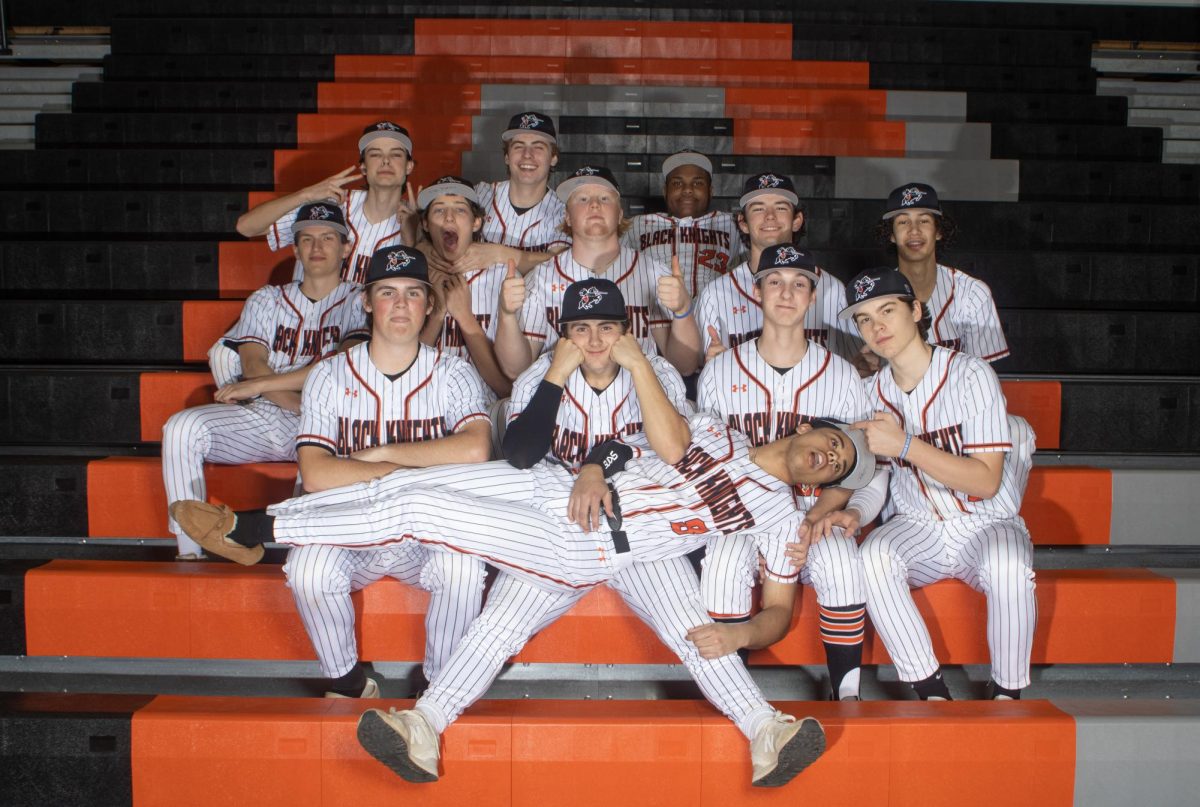Questioning? Here To Help.
December 7, 2017
High school is a time when a lot of people struggle with their identity, especially when it comes to gender and sexuality. Coming out can be a really stressful experience, even if you know that someone is most likely going to be accepting. I stressed about it for hours, even though the first person to whom I came out had already come out to me. Members of the L.G.B.T.Q.+ community don’t just come out once; they spend their lives coming out, and it gets easier every time. I first came out nearly three years ago, and I’ve definitely learned a lot since then. Here are my tips for questioning and coming out. I hope they help.
Tips for Questioning and Coming Out
- Talk to someone you know will be supportive, like a best friend or a teacher. Telling someone about it will definitely make you feel better, even if it’s stressful at first. It’s okay that you’re questioning, remember that.
- If you’re not sure if someone will be supportive, try casually bringing up the subject of L.G.B.T.Q.+ rights in conversation rather than risk coming out to someone who might not be supportive.
- Don’t feel pressured to label yourself immediately. These things take time, and it’s okay to not know. You’ll figure things out with time.
- It’s okay to change your mind about your gender or sexuality. You may be attracted only to women for some period of time and realize later that you like non-binary people too, and that’s okay.
- Most people have exceptions, and sexuality is very fluid. Finding someone attractive doesn’t mean you’re attracted to them. A lot of straight women find Ruby Rose to be attractive, and that doesn’t mean they’re necessarily queer. That’s just because Ruby Rose is gorgeous.
- Don’t let anybody else tell you your gender or sexuality. You’re the only one who can say who you are and how you identify, and what other people say about it really doesn’t matter. It can hurt, but no one knows you the way you do.
- Don’t come out if you think that coming out could put you in danger. Your safety is more important.
- Don’t put off coming out to people whom you know will be supportive. It’s much less stressful in the long run to just do it.
- Ignore other people’s hateful words. Yes, you will hear slurs, but they’re just words. No, it’s not okay for them to be used hatefully, but the people who use them like that really don’t matter much.
- If someone threatens you because of your gender or sexuality, tell someone. In a city like Charlottesville, it’s less likely to happen, but if it happens, tell an adult who can help you get out of that dangerous situation.
- Don’t be afraid to correct people who say something ignorant or incorrect about the L.G.B.T.Q.+ community, if you know that they’re not trying to be offensive.
- Don’t be afraid to correct people who are using the wrong pronouns or name. They may not know that you use different ones.
- Don’t expect people to immediately switch which pronouns they use for you. They will most likely take time to adjust to the change, and that’s okay, as long as they try. It’s also okay to give them polite reminders.
- If you use a name that doesn’t match the one on your birth certificate, try emailing new teachers about it before the school year starts so that they don’t get in the habit of using the wrong one. The same applies to pronouns. Most teachers will try their hardest to remember.
- If a teacher refuses to use the right name or pronouns for you, try talking to your guidance counselor about it. The teacher can definitely get in trouble for that.
- It’s good to have people who know what you’re experiencing in your life. Attend a P.R.I.S.M. meeting. P.R.I.S.M. is the C.H.S. Q.S.U. (Queer Student Union). Everyone there is either L.G.B.T.Q.+ or an ally, and they’re super supportive. It meets on Thursdays in Ms. Hollar’s room (D156). You can also email P.R.I.S.M. any questions about the L.G.B.T.Q.+ Community, coming out, questioning, et cetera, at [email protected].




